
I was on the phone with my mother this week and she said in a somewhat serious tone, “I have something to tell you.” Off to a good ominous start. After a brief but pregnant pause she continued, “I saw an ad for ‘Poor Things.’ I don’t think it’s for me.” And that was it! That whole brace-yourself-for-a-catastrophe intro was just to say she’s going to continue her streak of not seeing a single Yorgos Lanthimos film. Ok Mama, thanks for the update! And I get it, the movie has a very exaggerated, bonkers point of view that’s not for everyone. But that’s a big part of why I like Emma Stone — she’s bucked the ingénue mold by choosing quirky, comedic, sometimes freaky parts that suit her taste. Leading ladies can be weirdos too! So Emma has been Oscar campaigning for Poor Things where she’s up for Best Actress and Best Picture as a producer. Amid her spate of recent NYC appearances she spoke with NPR about her lifelong anxiety and how it led her to acting:
In a new interview with National Public Radio (NPR) published Wednesday, the Poor Things actress, 35, opened up about her childhood anxiety, sharing that while she initially had a tough time dealing with it, she found a way to push through.
“I started in therapy, I think around age 8, because it was getting really hard for me to leave the house to go to school,” Stone told NPR. “I sort of lived in fear of these panic attacks.”
The actress, who said that she had her first panic attack when she was 7 years old, added she believed the source of her anxiety when she was younger stemmed from the fear of being separated from her mother. She noted, “it’s a hard age to be able to reason with yourself, at 7 or 8, and tell yourself these things aren’t true. … It was very hard to convince myself otherwise.”
All that changed, however, when Stone started acting at the age of 11. The actress said the craft provided a way for her to focus on the moment without worrying about what happened before or what would happen later. She told the outlet that as an actor, “all of my big feelings are productive, and presence is required.”
Those experiences have altered the way she thinks of anxiety now, Stone said. She shared to NPR that she thinks it can be a positive thing if people know what to do with it.
“I’ve told a lot of younger people that struggle with anxiety, that in many ways I see it as kind of a superpower,” Stone said. “Just because we might have a funny thing going on in our amygdala, and our fight-or-flight response is maybe a little bit out of whack in comparison to many people’s brain chemistry, it doesn’t make it wrong. It doesn’t make it bad.”
“It just means we have these tools to manage,” she continued. “And if you can use it for productive things, if you can use all of those feelings in those synapses that are firing for something creative, or something that you’re passionate about, or something interesting.”
Said Stone: “Anxiety is like rocket fuel because you can’t help but get out of bed and do things, do things, do things because you’ve got all of this energy with you. And that’s really a gift.”
I vaguely remembered Emma talking about anxiety in the past, but it never really hit me how serious it was until this interview. And I have no qualms in admitting that I was teary when she said it came from a fear of being separated from her mother. While I never had anxiety about going to school (that was actually where I thrived), I was a mess at bedtime. I don’t recall being afraid of the dark or a monster, but I was panicked about being alone in my room at night. So for most of my childhood I wasn’t, instead I slept in my mother’s room with her. During my waking hours I felt tremendous shame over it, but climbing into bed with my mother right there truly felt like the only way I could relax and let go of the day. You could say that my anxiety got me out of bed, like Emma says… it just propelled me into my mother’s bed. There was no weaning off plan, it was an overnight switch where all of a sudden I just knew “I don’t need this anymore.” I’m very lucky I have a mother who listened to me and never made me feel bad about my fears — I did that to myself! And just look at the fully-functioning adult I am today! (Stop laughing.) I wonder how Emma feels about her daughter, who’s three, approaching the age when her own panic attacks began. More cause for anxiety, to be sure.
Before ending this piece I have to note that Yorgos and Emma’s previous collaboration, The Favourite, has what I consider to be one of the best lines ever in cinema history. As uttered by Nicholas Hoult: “Must the duck be here?”
Photos credit: IMAGO/RW / Avalon, Xavier Collin / Image Press Agency / Avalon, IMAGO/0 / Avalon and Getty

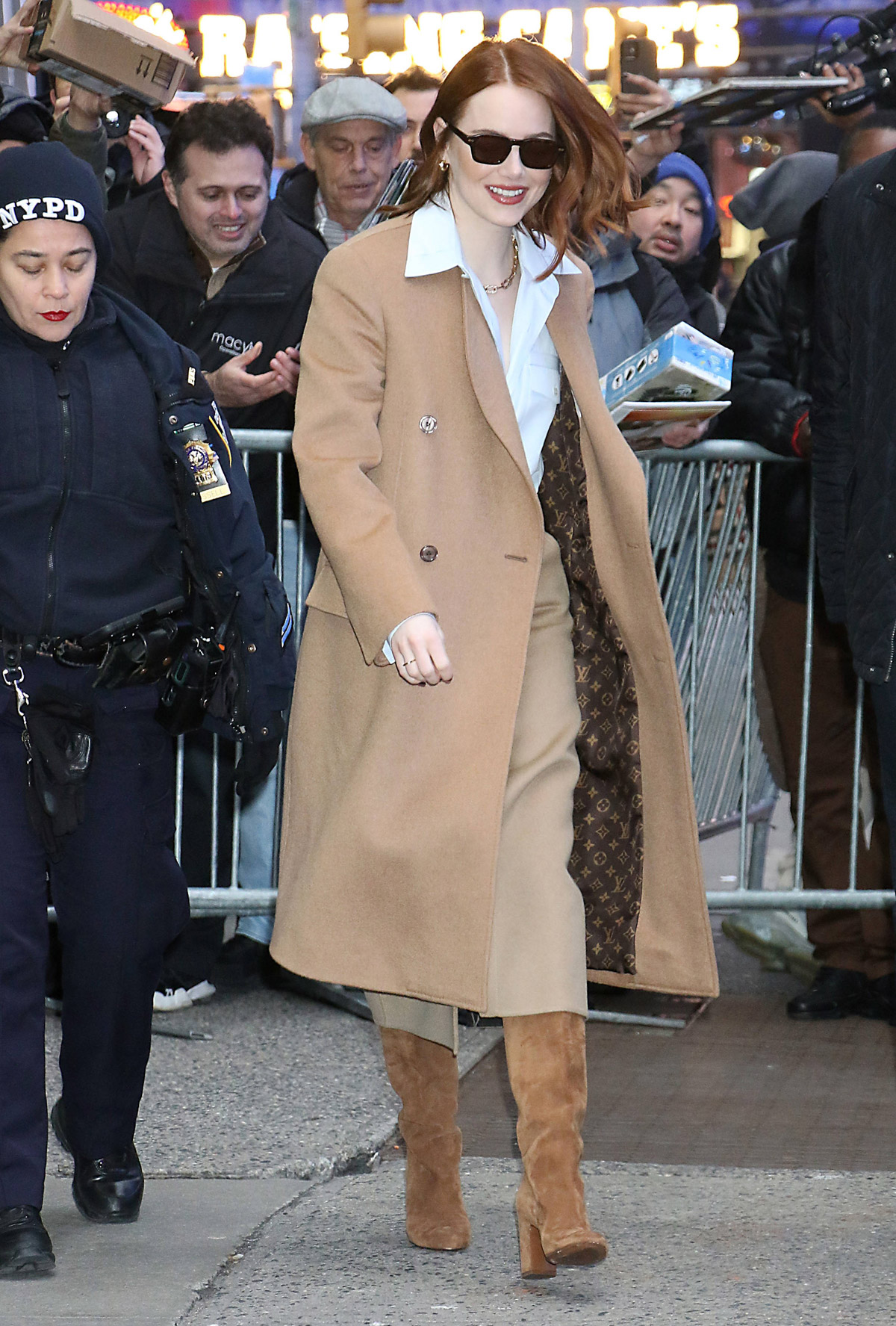




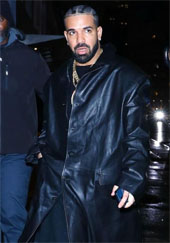


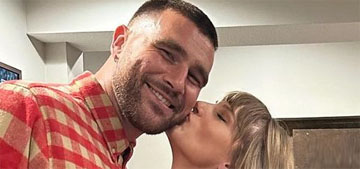
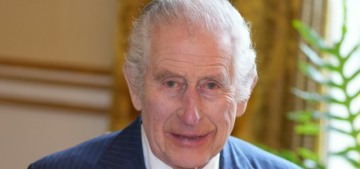
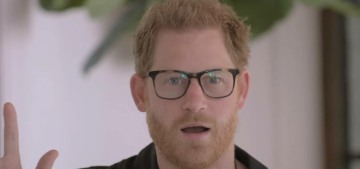




I found that to be true to a point with anxiety. I was miserable and worried all the time but I got things done because of it. Then it got worse and everything froze up and I found myself curled up on the floor of the bathroom at work. Far less productive that bit.
Yeah my anxiety is more like this.
same, ive literally been frozen due to anxiety and panic attacks much more often than I even jumped up and did something
This. Burnout, where you’ve reached stage where anxiety has basically fried your brain and you can’t function, is very real.
Took a psychology course on creativity and madness. Are creative people crazier than “normal” people? Yes, with the importance proviso that what helps creativity is a very Goldilocks level of say, anxiety. Enough to motivate and give you a different way of seeing the world, but not enough that it impedes you being a fully productive worker. Because being a professional artist is work.
So all of this talk of mental disorders being a “gift” is incredibly harmful. Some small percentage of people may find it to be so, but the vast majority do not. When the people around them hear people saying they have a disorder and it helps them, it inevitably shifts their expectations for how people with this disorder exist in the world.
The other issue is privilege. Mental illness where you are properly treated and supported is a very different experience from having to go it alone. In looking at successful people with ADHD, you can often see that they have assistants and support staff. Emma was a child actress, so her parents would have been acting in that role. As an adult, she’s had assistants, an agent, a manager, all working on her behalf. And all taking her anxiety into account when dealing with her. How different would the lives of other people with anxiety be if that were the case? They might also see it as a gift.
Thank you for saying that about assistance. I think it’s easy to look at successful people and think, “if they can do it, why can’t I??” and beat yourself up about it. But not everyone has the support necessary.
Really like what you’re saying here. I’ve got anxiety and a 40 minute commute to work. I’m “amped up” after the drive sometimes if people ride too close to me, the weather is bad, etc… It’s hard to go in a begin my workday after that and I usually need time to use my coping skills to “settle down.” I’ve got a coworker that is SO dismissive about it (and mental health issues in general) that I don’t say a word about how I feel on those days.
As a self employed creative, intuitive Pisces who is also an INFJ (the rarest personality type of the Myers’s brings) I can say yes I do suffer anxiety worse that most.
It didn’t hit me hit about the age of 28. One day I was completely fine and the next my throat swelled up and I couldn’t breath. An ambulance came and they said it was anxiety. The following 3 years I had agoraphobia, with numerous health problems all because of anxiety. I would break into hives for no reason, have severe pain, need to go to the bathroom constantly cos I was afraid I would wet myself, super strong sense of smell, also a pain in my chest like it was a heart attack. These were just a few of my symptoms with anxiety. I was afraid to touch things or eat new things, or go to new places. I didn’t like being in a car or long journeys cos I felt trapped and claustrophobic. It took three years of my life.
I did get better, my business took off big time and all of a sudden I was so busy, it was like my mind went to a new place and anxiety sort of left. So for me, work was what helped.
I finally got on zoloft 5 years ago for undiagnosed crippling anxiety. When mine is bad, there is no “fuel” at all. I am paralyzed. Thankfully, those episodes are rare now.
Yeah, that’s what my anxiety looks like (the last part) It doesn’t keep me moving, it freezes me.
It must be “nice” to have anxiety that fuels instead of cripples. By all means, discuss your truth. If people with platforms could try to avoid generalizing, I’d appreciate it. But I’m just one person. 🤷🏾♀️
I get what your saying. So many famous people say they have anxiety then make it sound like a bit of fluff. It’s crippling, not motivating. Lots of people say they have it, but No one really goes into their symptoms because anxiety appears in so many forms, it can be hard to recognise if your going through it.
So many of my symptoms were embarrassing , so I never talked about them at the time. Took a long time to realise it was totally normal.
For years anxiety fueled me. Got a PhD. But then I started freezing. Medicated now thankfully
Kismet, thank you for sharing your story about bedtime anxiety. My 8 year old daughter is going through something similar and she comes into our bed every night around 1am. It’s hard because there isn’t a lot of room with 3 tall people in a queen bed, and she is getting counselling to help with her anxiety. But it helps to hear your story because I feel less alone in navigating this.
Dr Joe Dispenza has meditations that have been proven (he collaborates with researchers from UCLA San Diego) to shift people into elevated states, from narrow focus on things, people, time, threats, etc. (hypervigilance), into a calm state where you have divergent focus. I think these types of techniques are as old as humans on earth but he uses scientific language and explains why it works. It’s worth trying if you feel like you’re constantly hypervigilant, which is not unusual in our time (social media, constantly connected, devices everywhere).